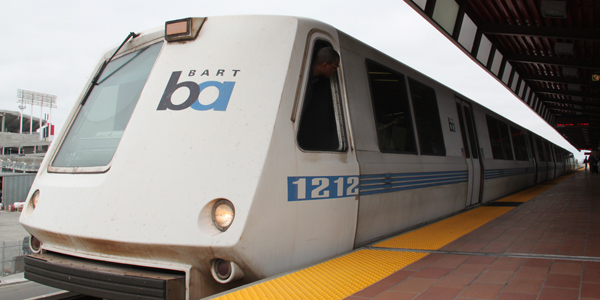By Robert Mullin
CAISO’s Board of Governors voted Thursday to expand the definition of a “load-serving entity” to include the San Francisco Bay Area Rapid Transit District (BART) and other organizations that buy wholesale power to serve their own needs.
“This was really sparked by BART rolling off of a [Pacific Gas and Electric] contract and wanting to serve their own load,” Greg Cook, the ISO’s director of market and infrastructure policy, told board members. (See CAISO Issues Revised Proposal to Expand LSE Definition.)
CAISO’s Tariff currently defines LSEs as entities that serve load or sell electricity to end users, which includes utilities, federal power marketing agencies and community choice aggregators. A special Tariff provision was made for the State Water Project (SWP), a California agency that trades in the wholesale market to cover its own energy requirements.
Like the SWP, BART already serves its own load, doing so through transmission contract rights that precede the existence of the ISO. That contract is scheduled to expire at the end of this year, exposing the agency to congestion charges without the ability to acquire an allocation of congestion revenue rights (CRR) available to recognized LSEs.
The definition change would permit entities such as BART to receive a free CRR allocation in the ISO’s annual process, but it will also subject them to resource adequacy requirements.
That second point had prompted worry among stakeholders who thought the original proposal — which would have broadened the definition to include any entity granted the authority to serve its own load — would subject transmission contract holders to capacity requirements.
CAISO responded to that concern by tightening the language to specify that an organization would have to elect to serve its load to be subject to capacity requirements.
“We didn’t want to unintentionally include existing transmission contract rights holders,” Cook said.
The Tariff change still requires FERC approval.





